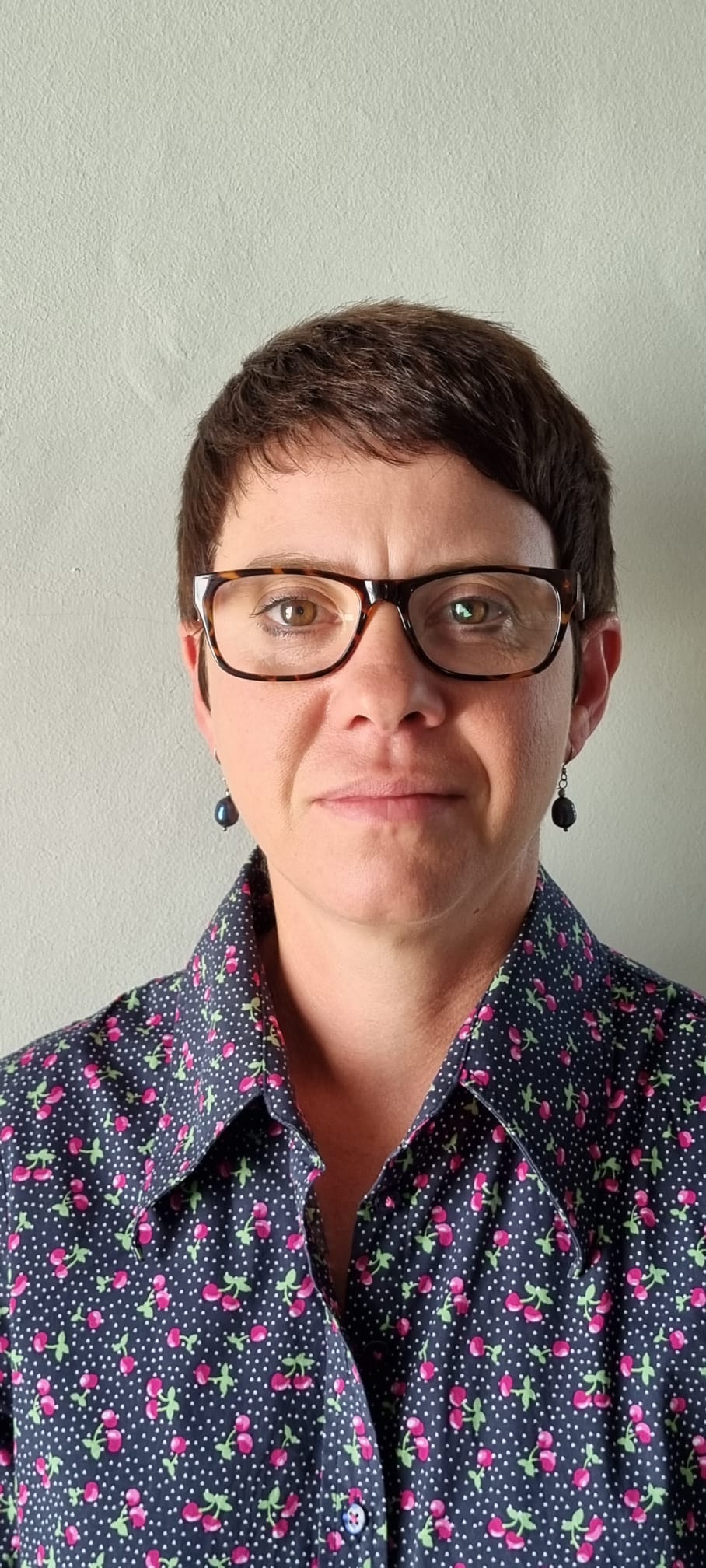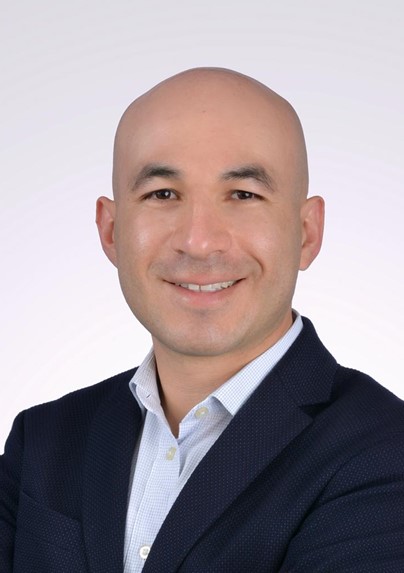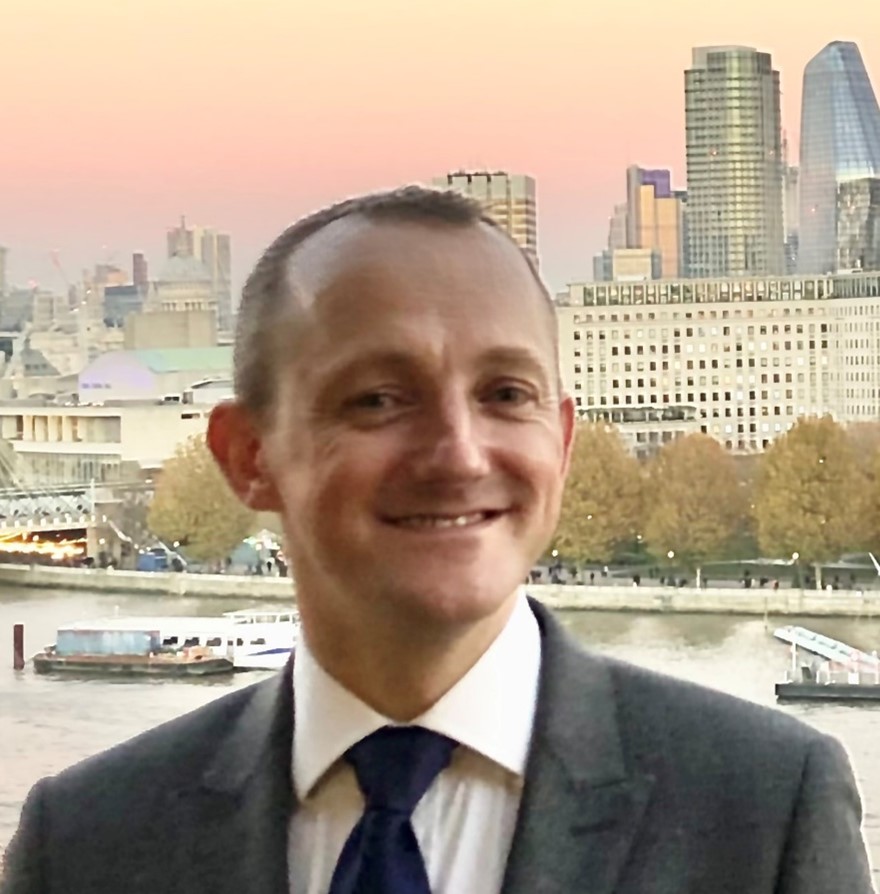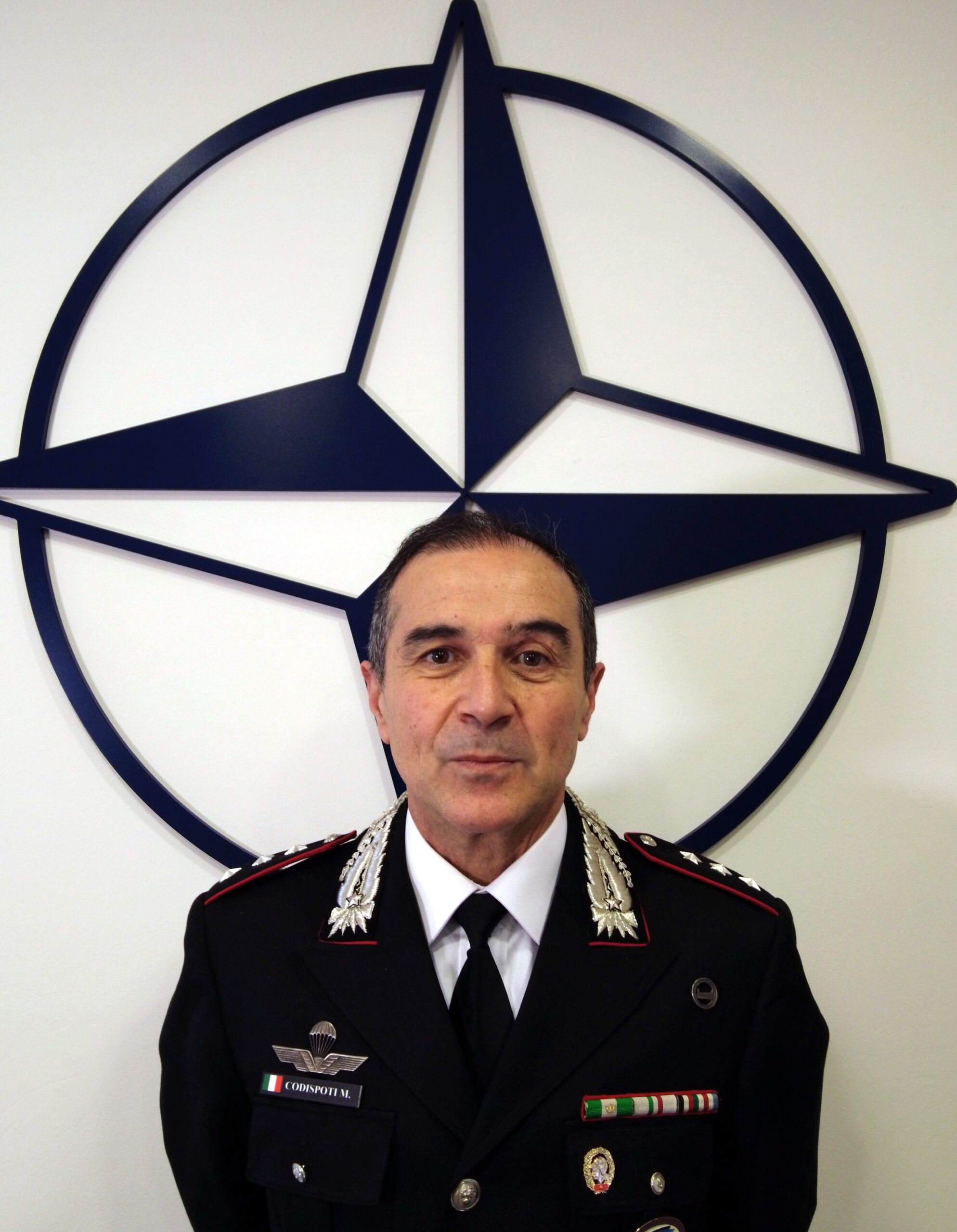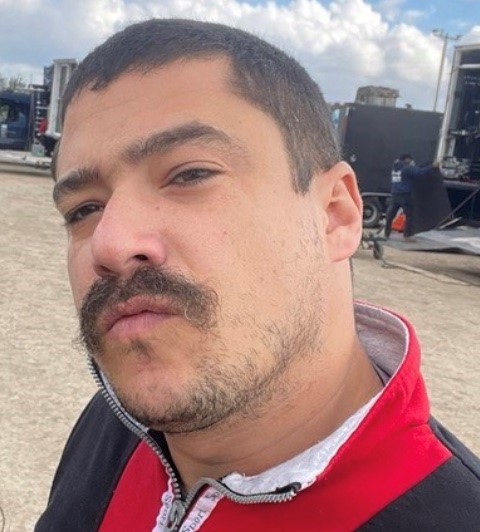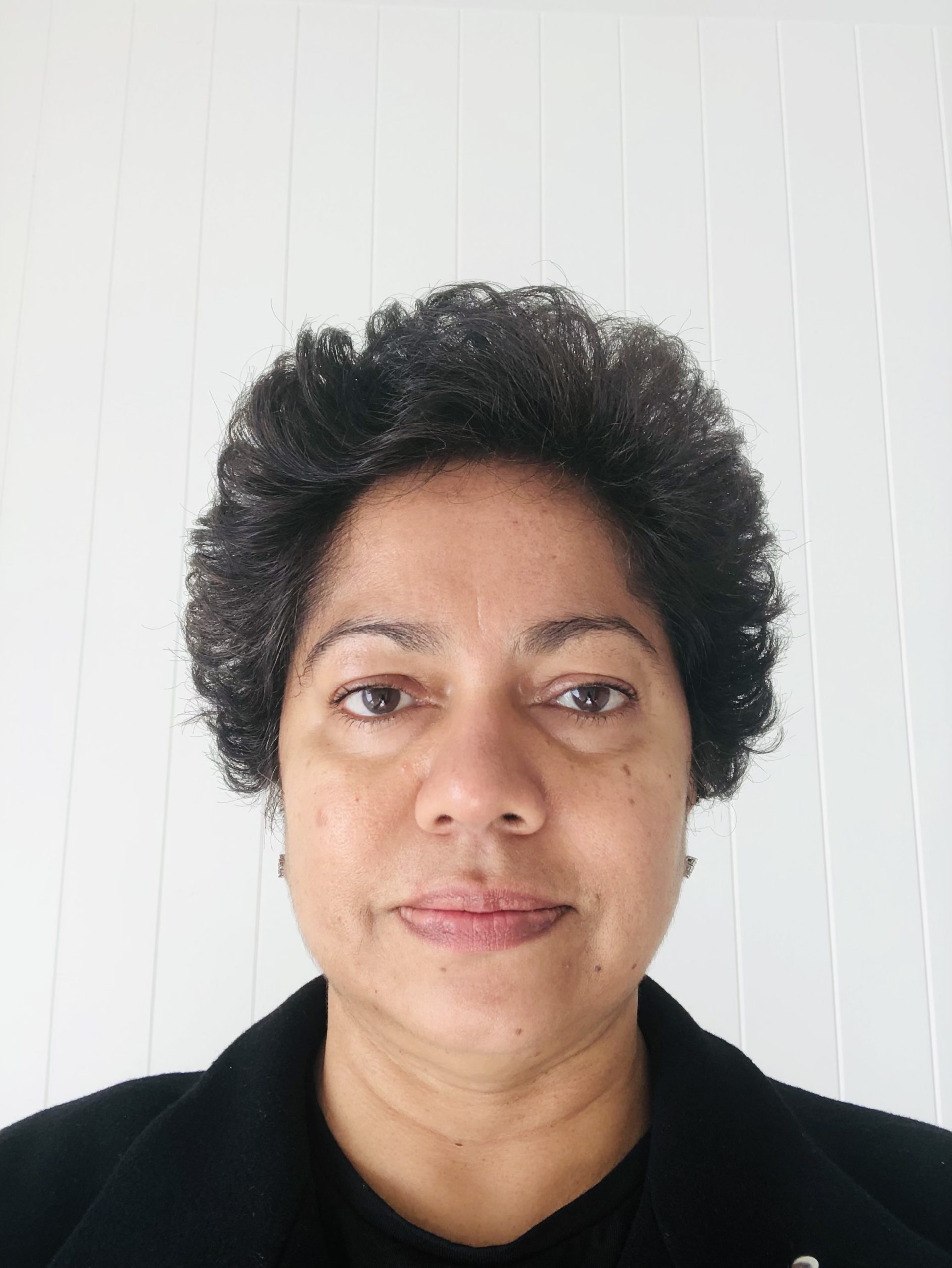Drug trafficking
Niles Breuer
Institution: University of Oxford
Area of Expertise: Criminal networks, Data analytics, Disruption, Drug trafficking, Mafia, Money laundering
Rob Le Core
Institution: Northwest Regional Organised Crime Unit (Titan)
Area of Expertise: Criminal networks, Drug trafficking, Intelligence, Policing, Recruitment
Dr Derica Lambrechts
Institution: Stellenbosch University
Area of Expertise: Corruption, Criminal networks, Drug trafficking, Gangs, Recruitment, State control, Wildlife and forest crime
Germán Sahid Garnica
Institution: Universidad del Rosario
Area of Expertise: Crime prevention and criminal justice, Disruption, Drug trafficking, Gangs, Intelligence, Modern slavery and human trafficking, Recruitment, State control, Terrorism, War and conflict
Danny Young
Institution: Metropolitan Police Service
Area of Expertise: Crime prevention and criminal justice, Drug trafficking, Firearms, Gangs, Law, Policing
Raluca-Ioana MOCANU
Institution: University of Bucharest
Area of Expertise: Contraband / counterfeit products, Corruption, Crime prevention and criminal justice, Criminal networks, Discourse, Drug trafficking, Extortion, Fraud, Gangs, Illicit cigarettes and tobacco, Law, Mafia, Modern slavery and human trafficking, Money laundering, Organ trafficking, Prisons, Recruitment, State control, Terrorism, Trafficking in cultural property, Wildlife and forest crime
Marco Codispoti
Area of Expertise: Corruption, Criminal networks, Cryptocurrency, Cybercrime, Drug trafficking, Extortion, Financial flows, Gangs, Intelligence, Mafia, Modern slavery and human trafficking, Nuclear smuggling, Policing, Terrorism, Threat assessment, Trafficking in cultural property, War and conflict, Wildlife and forest crime
Genevieve Kotarska
Institution: Royal United Services Institute for Defence and Security Studies (RUSI)
Area of Expertise: Drug trafficking, Threat assessment, War and conflict
Dr Chamila Liyanage
Institution: Global Network on Extremism and Technology
Area of Expertise: Contraband / counterfeit products, Corruption, Criminal networks, Cryptocurrency, Cybercrime, Disruption, Drug trafficking, Extortion, Fraud, Fraudulent medicine, Gangs, Illicit cigarettes and tobacco, Mafia, Modern slavery and human trafficking, Money laundering, Organ trafficking, State control, Terrorism, Threat assessment, War and conflict


